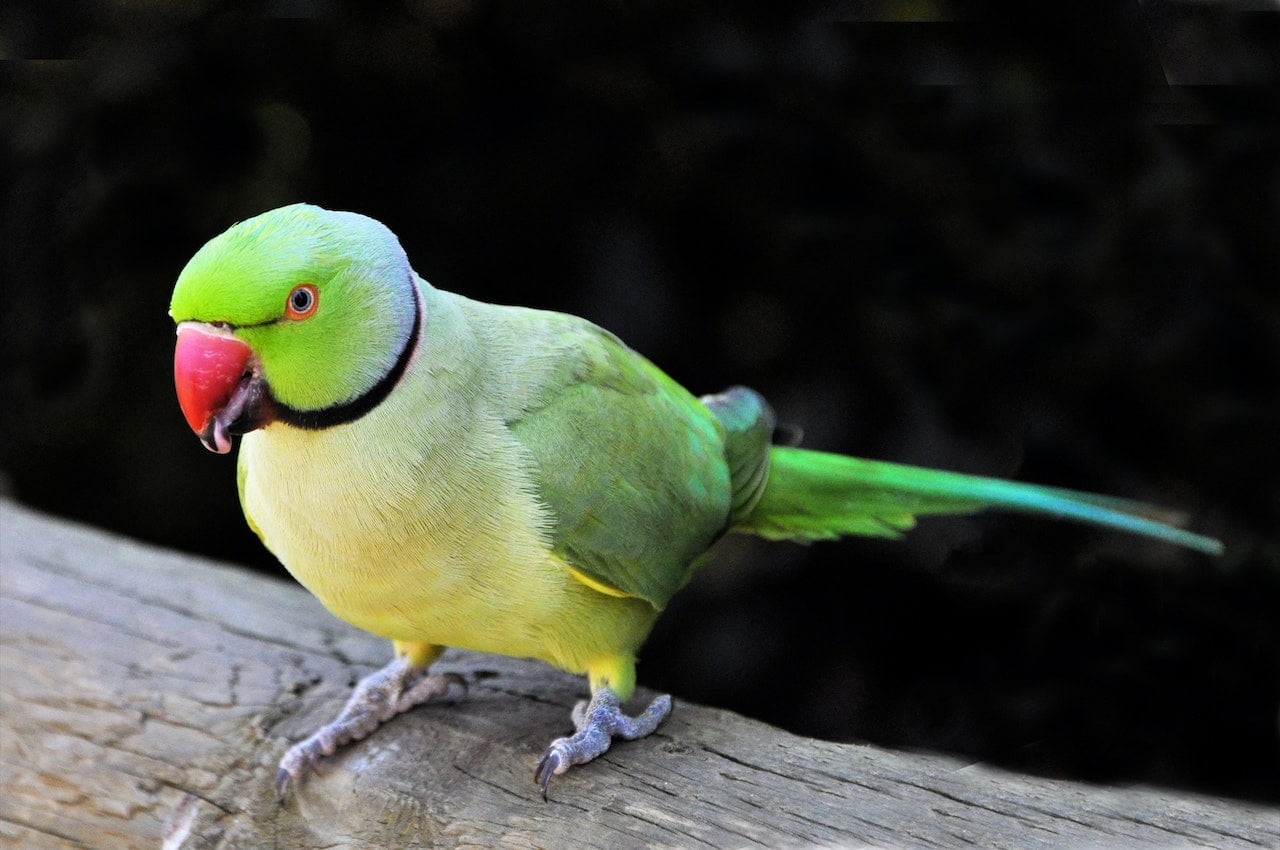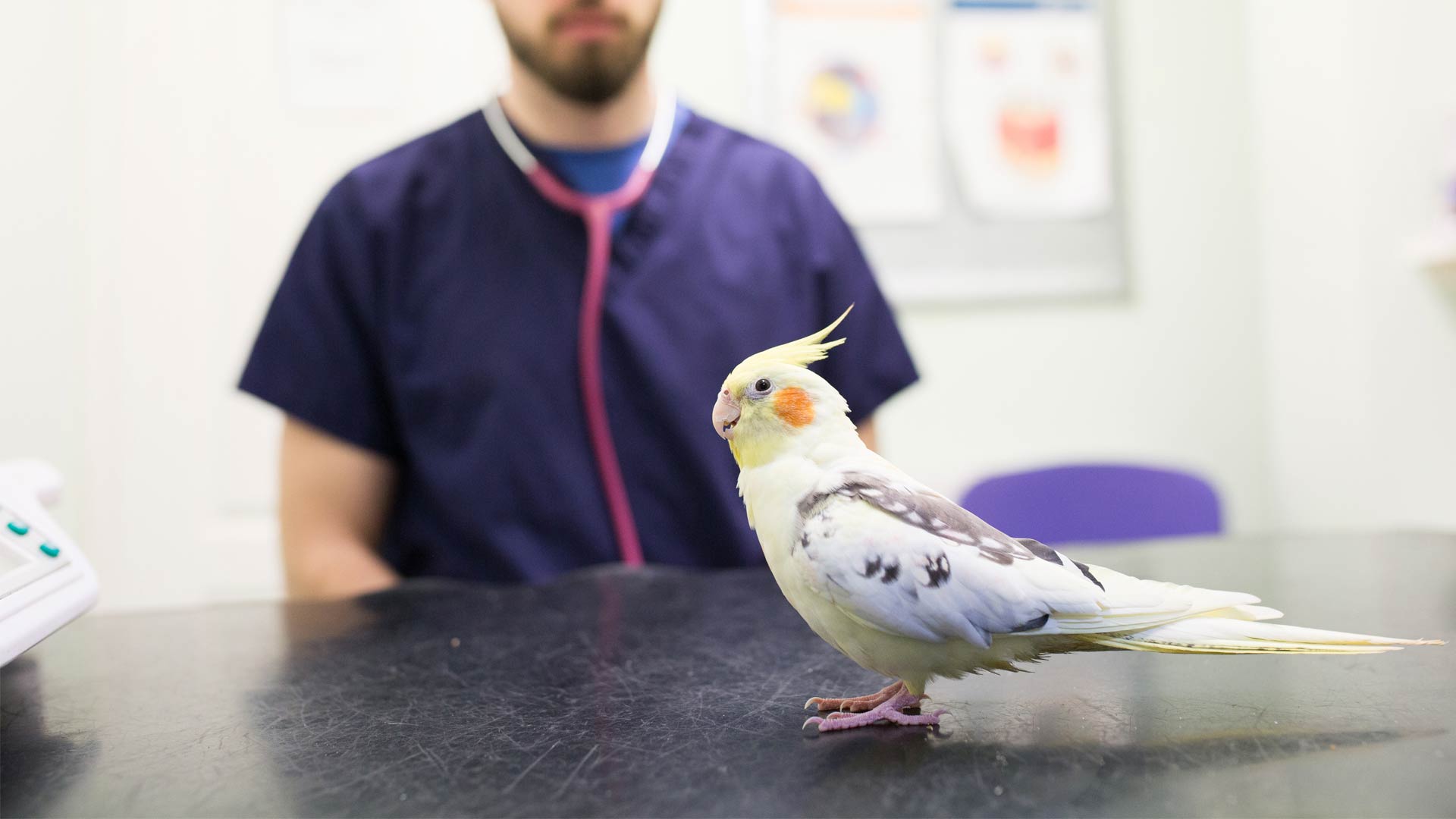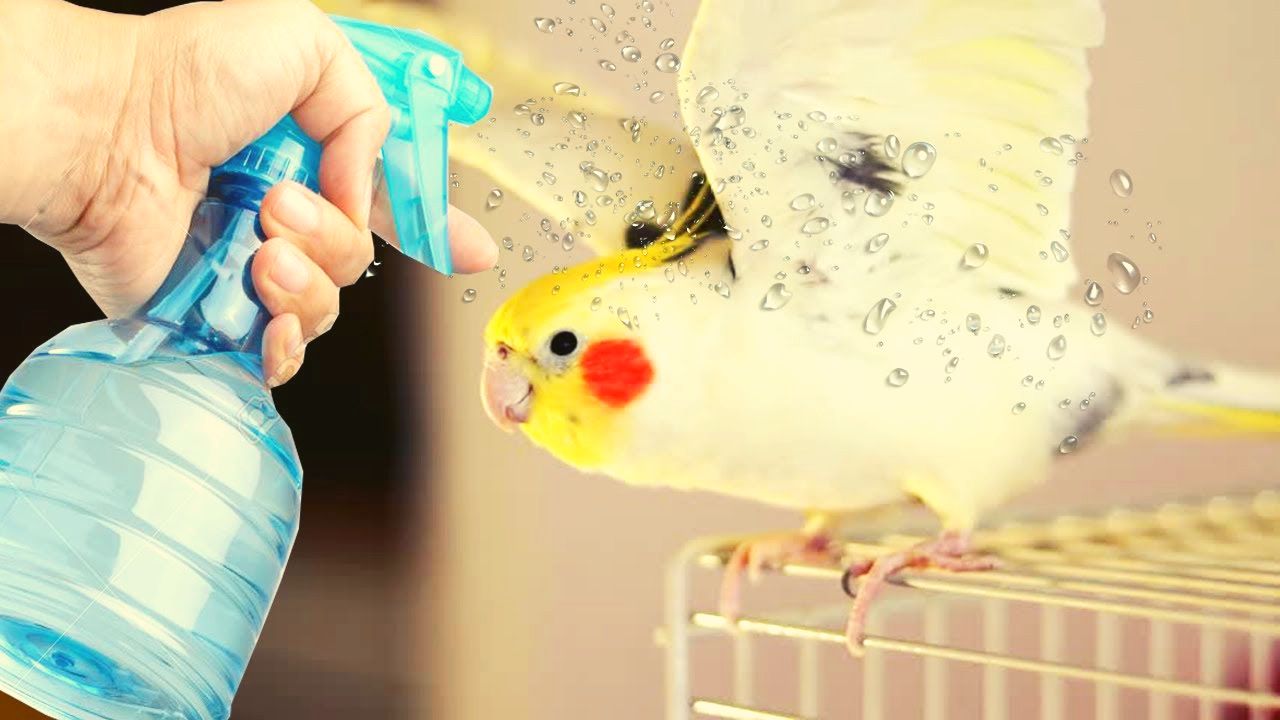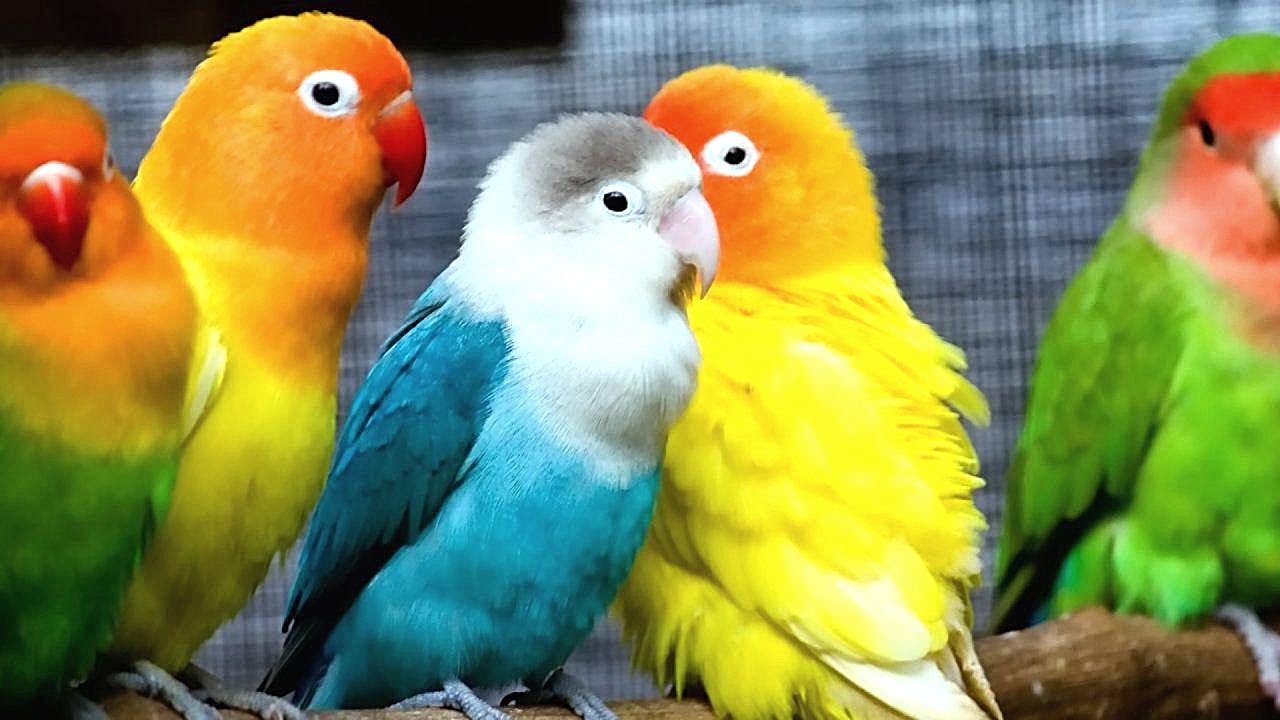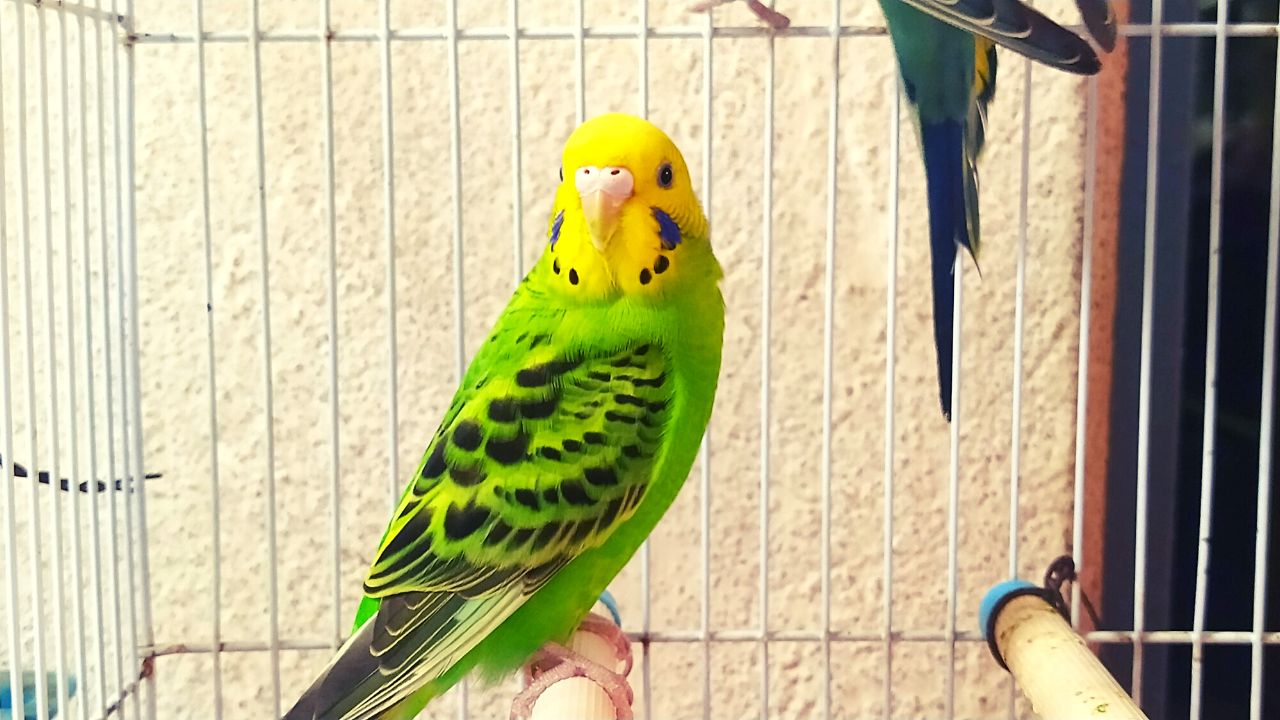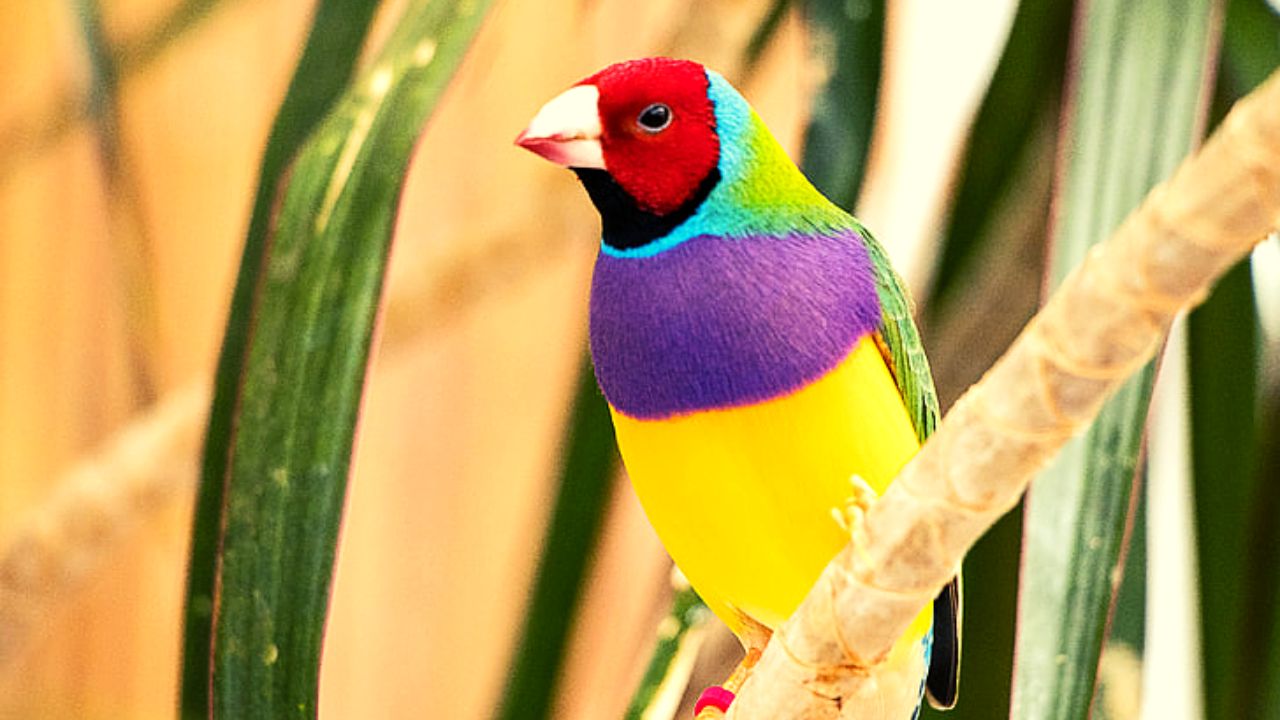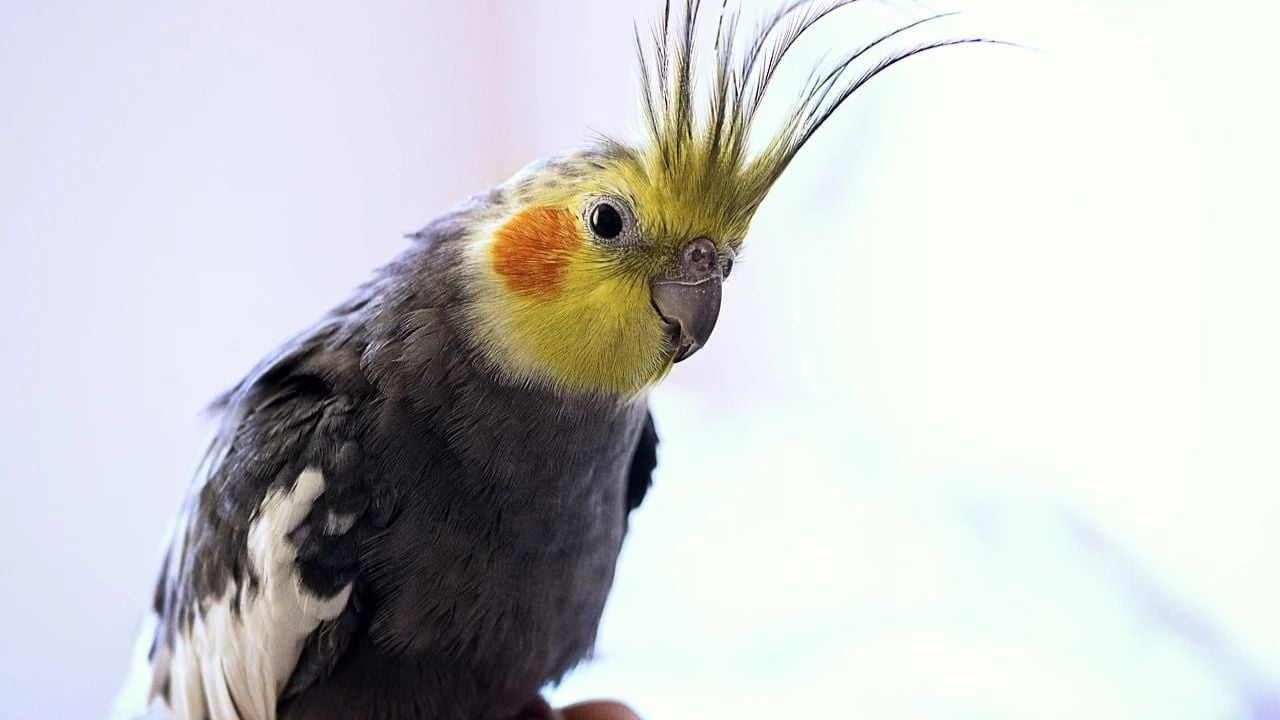
Table of Contents
Cockatiels (Nymphicus hollandicus) are small to medium-sized parrots that are native to Australia. They are known for their distinctive crests, which they raise and lower based on their emotions. With their friendly demeanor and ability to mimic sounds, they have earned a reputation as excellent pet birds for both beginner and experienced bird owners.
Cockatiel Bird Price in India
Owning a cockatiel comes with initial costs that include the purchase price. The price of a cockatiel in India can vary widely based on several factors.
The average Cockatiel bird Price in India can range from ₹2,000 to ₹20,000 per pair.
| City | Average Price Range |
|---|---|
| Cockatiel bird price in Mumbai | ₹1,000 to ₹2,500 |
| Cockatiel bird price in Delhi | ₹1,200 to ₹3,000 |
| Cockatiel bird price in Bangalore | ₹1,000 to ₹2,800 |
| Cockatiel bird price in Kolkata | ₹900 to ₹2,500 |
| Cockatiel bird price in Chennai | ₹1,100 to ₹2,600 |
| Cockatiel bird price in Hyderabad | ₹1,000 to ₹2,400 |
| Cockatiel bird price in Pune | ₹1,000 to ₹2,700 |
| Cockatiel bird price in Ahmedabad | ₹900 to ₹2,300 |
| Cockatiel bird price in Jaipur | ₹1,000 to ₹2,500 |
| Cockatiel bird price in Lucknow | ₹900 to ₹2,200 |
Cockatiel Varieties
Cockatiels come in a variety of striking color mutations, each with its unique pattern and combination of colors. Popular mutations include lutino, pied, pearl, and cinnamon. These variations make each cockatiel a unique and captivating companion.
| Cockatiel Variety | Scientific Name | Average Lifespan | Size | Coloration | Personality and Traits |
|---|---|---|---|---|---|
| Normal Grey Cockatiel | Nymphicus hollandicus | 15-20 years | 12-13 inches | Grey, Yellow | Friendly, Affectionate |
| Lutino Cockatiel | Nymphicus hollandicus | 15-20 years | 12-13 inches | Yellow | Playful, Vocal |
| Cinnamon Cockatiel | Nymphicus hollandicus | 15-20 years | 12-13 inches | Brown, Yellow | Gentle, Curious |
| Pied Cockatiel | Nymphicus hollandicus | 15-20 years | 12-13 inches | Varied | Sociable, Active |
| Pearl Cockatiel | Nymphicus hollandicus | 15-20 years | 12-13 inches | Grey, White | Sweet-Natured, Vocal |
| Albino Cockatiel | Nymphicus hollandicus | 15-20 years | 12-13 inches | White | Friendly, Playful |
Factors Affecting Cockatiel Price
The cost of a cockatiel can be influenced by factors such as its color mutation, age, and rarity. Rarer mutations tend to command higher prices, while older cockatiels might be more affordably priced. Additionally, the breeder’s reputation and location can impact the cost.
Budgeting for a Cockatiel
When considering the price of a cockatiel, it’s essential to budget for more than just the initial purchase. Additional expenses include a suitable cage, toys, food, and regular veterinary check-ups. Budgeting for ongoing costs ensures that you can provide the best care for your feathered friend.
Caring for Cockatiels
Creating a nurturing and stimulating environment is crucial for the well-being of your cockatiel.
Cage Setup and Environment
Select a spacious cage with horizontal bars to accommodate your cockatiel’s love for climbing and playing. Provide perches, toys, and a variety of textures to keep them engaged. Place the cage in a well-lit and draft-free area, away from direct sunlight and windows.
Diet and Nutrition
A balanced diet is essential for your cockatiel’s health. Offer a variety of foods, including high-quality pellet mixes, fresh fruits, vegetables, and seeds. Fresh water should always be available. Avoid feeding avocado, chocolate, and caffeine, as these can be toxic to birds.
Socialization and Interaction
Cockatiels are social birds that thrive on interaction. Spend quality time with your pet through gentle talking, singing, and training sessions. They enjoy being part of the family and should have opportunities to explore outside the cage in a safe environment.
Grooming and Health Care
Regular grooming is necessary to maintain your cockatiel’s feathers and nails. Provide a shallow dish of water for bathing, and ensure they have access to sunlight or a full-spectrum light source. Schedule regular visits to an avian veterinarian to monitor their health and address any concerns.
Cockatiel Lifespan
Understanding the factors that influence a cockatiel’s lifespan can help you provide the best care for your feathered friend.
Factors Influencing Lifespan
The average lifespan of a cockatiel is around 15 to 20 years. However, genetics, diet, environment, and medical care play significant roles in determining how long your cockatiel will live.
Ensuring a Long and Healthy Life
To maximize your cockatiel’s lifespan, prioritize a well-balanced diet, regular exercise, and mental stimulation. Provide opportunities for socialization and companionship, and monitor their health for any signs of illness.
Common traits of cockatiel birds
| Property / Trait | Description |
|---|---|
| Species Name | Nymphicus hollandicus |
| Origin | Native to Australia |
| Size | Small to Medium |
| Life Expectancy | 15 to 20 years (with proper care) |
| Varieties | Various color mutations, including lutino, pied, pearl, and cinnamon |
| Physical Features | Crest on the head, vibrant plumage, long tail, and expressive facial features |
| Temperament | Social, friendly, and affectionate |
| Vocalizations | Whistling, chirping, and mimicry of sounds |
| Playfulness | Curious and enjoys toys and mental stimulation |
| Social Nature | Thrives on interaction with humans or other cockatiels |
| Diet | Monogamous breeders require a suitable nesting environment for breeding |
| Health Concerns | Respiratory infections, feather plucking, and obesity |
| Training | Quick learners, can be taught tricks and to mimic sounds |
| Habitat | Spacious cage with horizontal bars, perches, toys, and a variety of textures |
| Grooming | Regular bathing and access to natural light or full-spectrum light |
| Bonding | Forms strong bonds with owners through positive interactions |
| Reproduction | Monogamous breeders, require a suitable nesting environment for breeding |
| Common Behavior | Raising and lowering the crest, head bobbing, and friendly vocalizations |
Cockatiels are known for their intriguing behaviors that endear them to their owners.
Vocalizations and Sounds
Cockatiels are adept mimics and can learn to whistle tunes and repeat phrases. Encourage their vocalizations with positive reinforcement and engage in conversations with them.
Playfulness and Curiosity
Cockatiels have a playful and curious nature. Offer a variety of toys, puzzles, and activities to keep them entertained and mentally stimulated.
Bonding with Owners
Cockatiels can form strong bonds with their owners through positive interactions. Spend time with your cockatiel daily, offering treats, head scratches, and gentle handling to build trust and affection.
Training Your Cockatiel
Training enhances the bond between you and your cockatiel while providing mental stimulation.
Teaching Tricks
Cockatiels are quick learners and can be taught tricks with patience and positive reinforcement. Start with simple commands like “step up” and gradually progress to more complex tricks.
Taming and Handling
If your cockatiel is not accustomed to handling, take it slow. Allow them to get used to your presence and gradually introduce hand-feeding and step-up commands.
Potential Health Issues
Being aware of common health issues can help you provide timely care for your cockatiel.
Respiratory Problems
Cockatiels are susceptible to respiratory infections. Ensure a clean and dust-free environment, and seek veterinary care if you notice signs of wheezing, sneezing, or labored breathing.
Feather Plucking
Feather plucking can be a sign of stress or medical issues. Identify and address the underlying cause, whether it’s boredom, loneliness, or illness.
Avian Vet Visits
Regular visits to an avian veterinarian are essential for preventive care and early detection of health problems. Establish a relationship with a trusted vet who has experience with birds.
Signs of a Healthy Cockatiel
A healthy cockatiel has bright eyes, clean feathers, and a consistent appetite. Monitor their behavior, droppings, and overall appearance to ensure their well-being.
FAQs
Can I keep a single cockatiel, or do they need companions?
While it’s possible to keep a single cockatiel, they are social birds that thrive on interaction. Consider providing a companion or spending significant time with your cockatiel to prevent loneliness.
How can I prevent my cockatiel from becoming bored?
To prevent boredom, offer a variety of toys, puzzles, and activities. Regularly rotate their toys to keep them engaged and mentally stimulated.
What is the best way to introduce a new diet to my cockatiel?
Introduce new foods gradually. Start with small amounts alongside their regular diet and increase the new food over time. Ensure they have access to fresh water at all times.
At what age do cockatiels typically start mimicking sounds?
Cockatiels can start mimicking sounds and whistling tunes as early as a few months old, but the extent of their mimicry can vary. Be patient and consistent with training.
What should I do if I suspect my cockatiel is unwell?
If you notice any changes in behavior, appetite, or physical appearance, consult an avian veterinarian immediately. Early detection and treatment are crucial for their well-being.
Can cockatiels be trained to talk?
While cockatiels are not known for extensive talking like some parrot species, they can learn to mimic words and phrases with patience and consistent training.
What is the significance of the crest on a cockatiel’s head?
The crest on a cockatiel’s head can indicate their emotional state. When excited or alarmed, they raise their crest. A flat crest may suggest they are relaxed or content.

